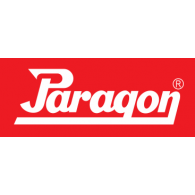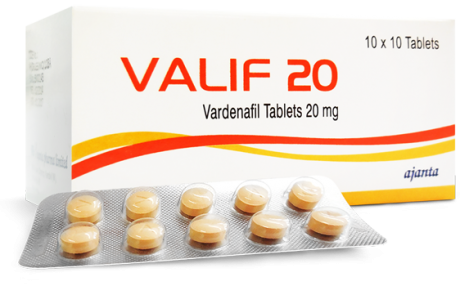Behind the Scenes: The Making of the 2017 CRI Guidelines
(2,700 words, approximately ten-minute read.) In July this year, we covered the Indian Patent Office’s decision to revise its examination guidelines for Computer Related Inventions (“CRI Guidelines”). We noted that it was the third set of guidelines released in as many years – the guidelines were first issued in August 2015, suspended and kept in abeyance until February 2016, when a fresh set was issued which almost entirely contradicted its predecessor. We have dealt with the substance of the guidelines […]
Behind the Scenes: The Making of the 2017 CRI Guidelines Read More »







